In 2020 the market for fresh milk contracted by 2% to 566m litres as milk sales were lost due to the closure of the food service sector under COVID-19 restrictions.
Annual accounts and reports from the National Milk Agency (NMA) published this week show while the retail sector increased sales, it didn’t increase enough to compensate for the loss of the food service sector when hotels and restaurants all closed for a period in 2020.
Doorstep deliveries also increased by 26% but there is still only a very small volume of milk delivered this way.
The market share of total milk sales delivered to doorsteps by businesses such as mymilkman.ie in 2020 was 6% compared to 5% in 2019.
The NMA estimates that Tesco, SuperValu and Dunnes account for 22% of supermarket fresh milk sales each year
Sales of fresh milk through the retail channel increased by 3%, with the result that this dominant channel accounted for 80% of all fresh milk sales compared with 75% in the previous year.
Sales through the food service channel decreased by 29%, which reduced the market share of this channel to 14% of total milk sales in 2020 compared with 20% in 2019.
The NMA estimates that Tesco, SuperValu and Dunnes account for 22% of supermarket fresh milk sales each year, with the German discounters Aldi and Lidl at 12% each. This is a similar breakdown to 2019.
Irish consumers have one of the highest annual per-capita consumptions of fresh milk in the world at 115l.
Imports steady
Imports of fresh milk in consumer packs were estimated at 83m litres, an increase of 1m litres or 1% on 2019.
Total milk imports for liquid consumption in consumer packs and in bulk for processing in the Republic of Ireland for liquid consumption amounted to 142m litres in 2020, the same as in 2019.
Based on this sales mix, the NMA estimates that the national average retail price of fresh milk in all pack sizes was 90c/l in 2020, similar to the national average retail price (revised) in 2019.
The NMA finished with a deficit of €28,698 for 2020. Income for the NMA arises from a levy of 0.115c/l of milk purchased for processing for liquid consumption and is payable by milk processors under Section 8 of the Milk (Regulation of Supply) Act, 1994.
In 2020, the agency’s total income from milk levies decreased to €487,819 or 2%. Operating costs of €516,517 decreased by €23,824 or 4%.
Staff costs
Personnel and staff-related costs of €372,053, representing 72% of total costs, decreased by €6,405 or 2%. Other administration costs and depreciation, amounting to €144,464, decreased by €17,419 or 11%.
The excess of costs of €516,517 over income of €487,819 resulted in a deficit for the year of €28,698 compared with a deficit of €42,392 in 2019. Cash resources decreased by €17,327 as a negative operating cashflow of €27,862 was abated by a reduction of €10,535 in working capital.
The number of registered producers with contracts in the 2019/20 milk year decreased by 342 producers
At year-end, the accumulated fund amounted to €949,113 and was comprised of cash and deposits of €899,559, debtors less creditors of €45,571 and fixed assets of €3,983.
The number of registered producers with contracts in the 2019/20 milk year decreased by 342 producers or 20% to 1,338 registered producers, mainly following a voluntary restructuring scheme by Glanbia as reported in 2020.
The National Milk Agency was set up under the Milk (Regulation of Supply) Act, 1994 to regulate the supply of milk for liquid consumption in the State. It comprises a chair and 13 members representing the interests of producers, processors, distributors, retailers and consumers of milk.
It is financed by the industry through levies on milk purchased for processing for liquid consumption.



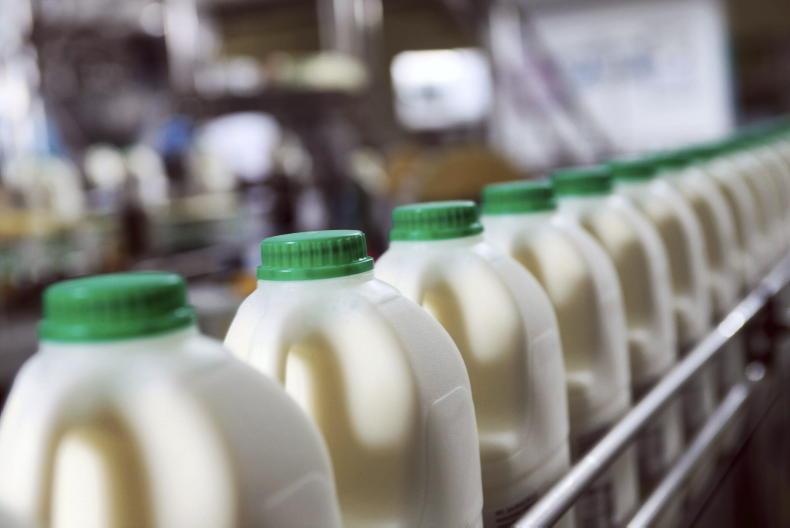
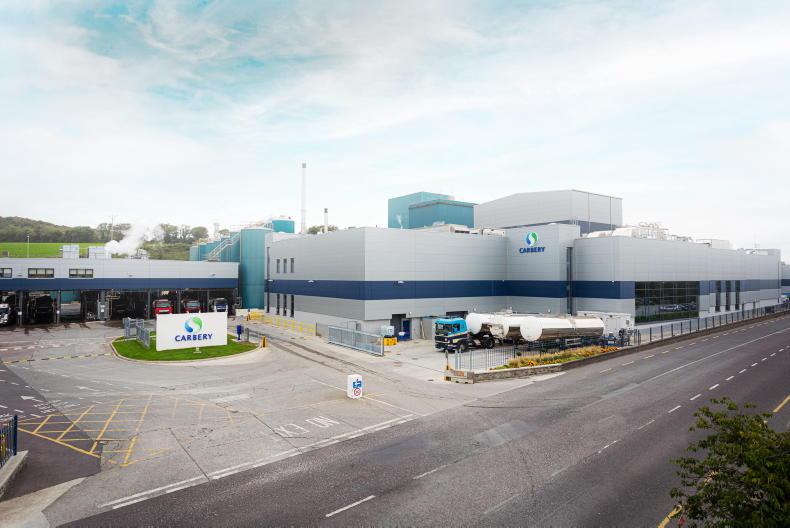
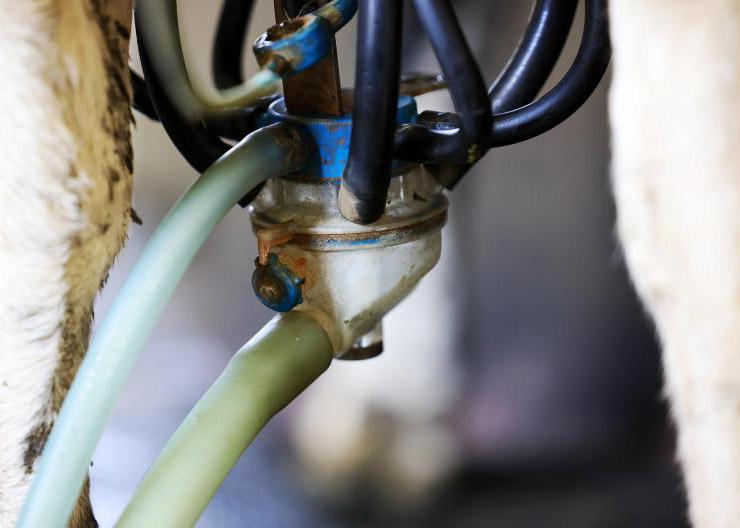
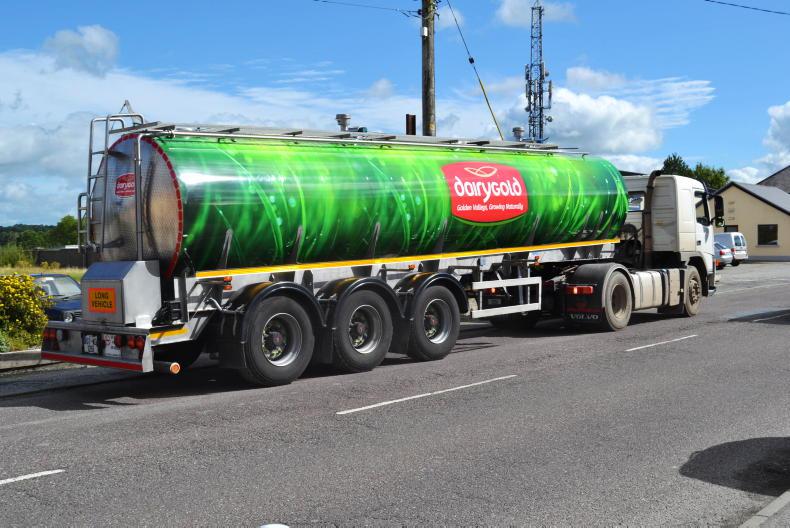
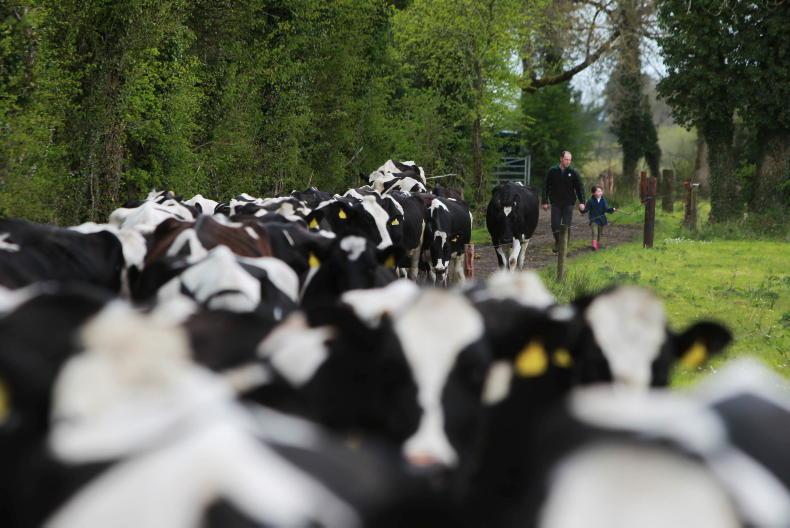
SHARING OPTIONS